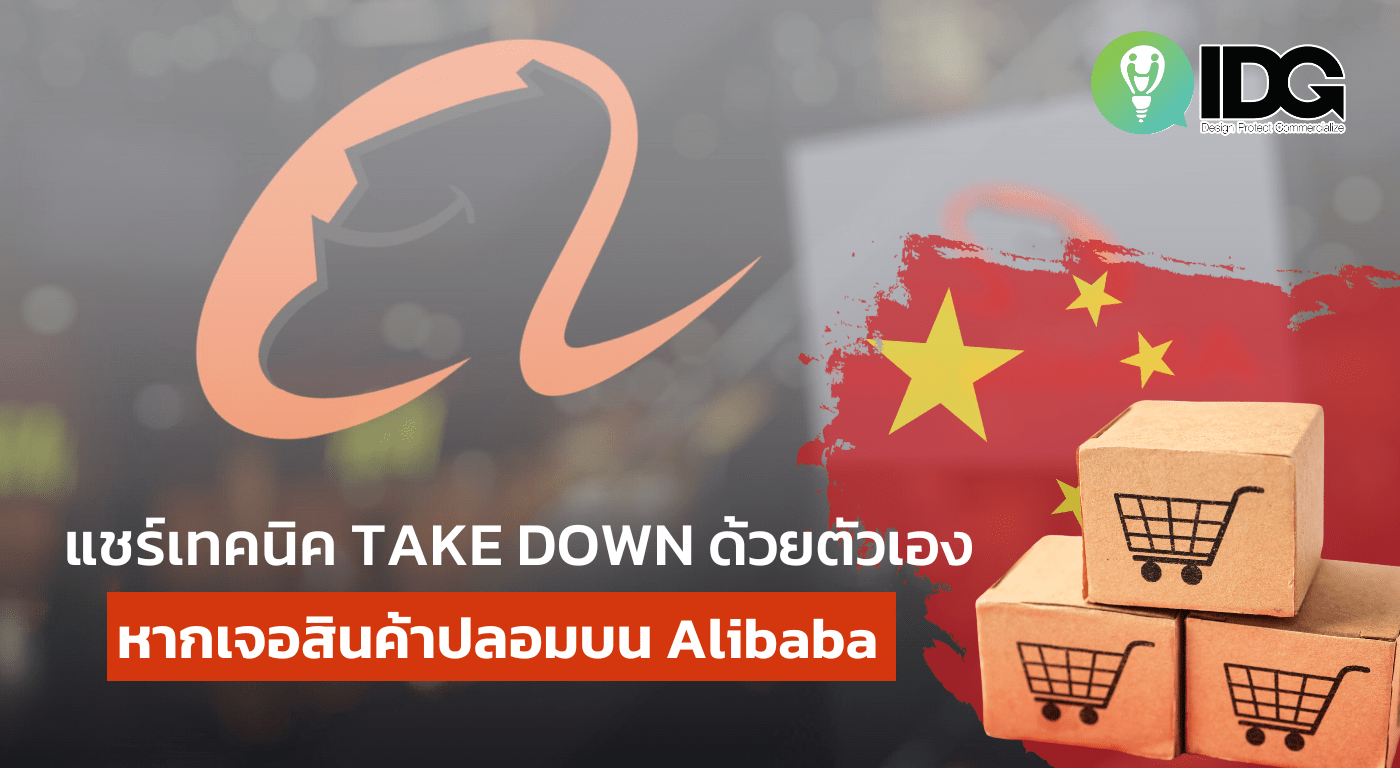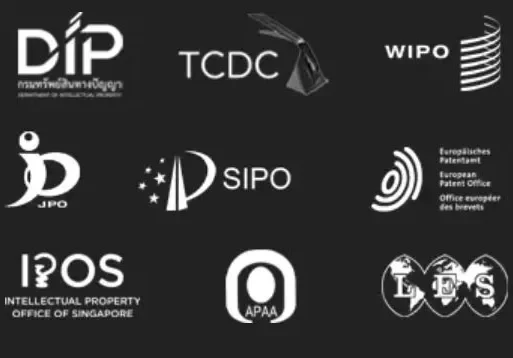Basic Knowledge About Trademark Registration
Registered marks legally protect names, logos, and designs, and help their owners distinguish their products or services from the others. They can unmistakably help consumers verify the sources and qualities of the products being produced or services being provided. Whether you are a brand manager, business owner, graphic designer, sales or marketing personnel, it is very important to have your product or corporate names protected as trademarks before anyone else can take advantage of your branding effort!
Marks can be any word, design, slogan, sound, symbol as well as nonfunctional aspect of packaging. Marks can be placed into 4 categories:
- Trademarks – Marks that identify products, such as Nike, Red Bull and Coca-Cola.
- Service Marks – Marks that identify services, such as FedEx, Hilton, and Kasikorn Bank.
- Certification Marks – Marks that guarantee that the products or services bearing the marks meet certain defined standard or has particular characteristic, such as Halal, ISO, FDA approval mark.
- Collective Marks – Marks that are used by a group of trade associations, such as Siam Cement Group (SCG) and Charoen Pokphand (CP) group.
Marks represent the most valuable types of IP in the market since the market value for famous brands can easily reach billions of dollars despite the fact that, in comparison to no brand products, there is barely any functional difference between them.
To be qualified for registration, the name, logo, or symbol used in marketing activities must be the only one in the marketplace and either:
- Be unique and distinctive enough that customers can easily recognize on their own. Unique marks are strong marks. They often include made-up or coined words and are highly distinctive, such as Polaroid, Google, and Exxon. Marks that are descriptive and directly providing information about the products sold or services provided should be avoided at all cost. Common First and family names can be registered as trade though they have to be non-common or are special in nature, such as Pierre Cardin.
- Have become known through continuous uses over time (i.e. Secondary Meaning Rule). If used over substantial period of time before trademark application, mark applicant shall provide evidence of public awareness of such mark in sales, marketing and PR efforts.
- Must not resemble prohibited marks. According to Article 8 of Thai Trademark law, national and official emblems, national flag pattern, and symbols with religious values cannot be registered.
Benefits of registering a mark:
- Countrywide exclusive ownership of the mark
- Publication of the mark can inform others that the mark is unavailable
- The right to put ® after the mark to inform others that the mark is registered
- The maximum 10 years of protection, which is renewable every 10 years upon re-registration within 90 days before end of protection period
- Help to safeguard branding and marketing efforts
- Reap benefits through trademark licensing and franchising
Note:
- Regulations and procedures for registering a trademark in Thailand can be found in the trademark section of the Department of Intellectual Property website
- For registering a mark in foreign countries, please file through the International Trademark System (aka. Madrid Protocol) or directly consult with attorneys or IP offices in the countries of interest.
- As of January 2014, Thailand is not yet a part of the Madrid system. Thus, it is advised that you directly contact trademark attorneys residing in those countries where you would like to file your trademark applications to. To find out more about filing your mark through the Madrid Protocol system, you may visit the World Intellectual Property Organization (WIPO)




